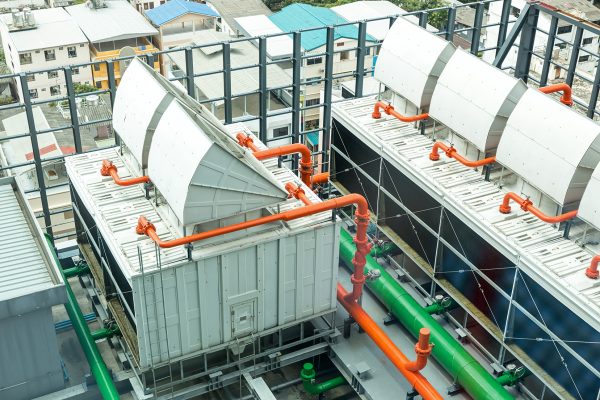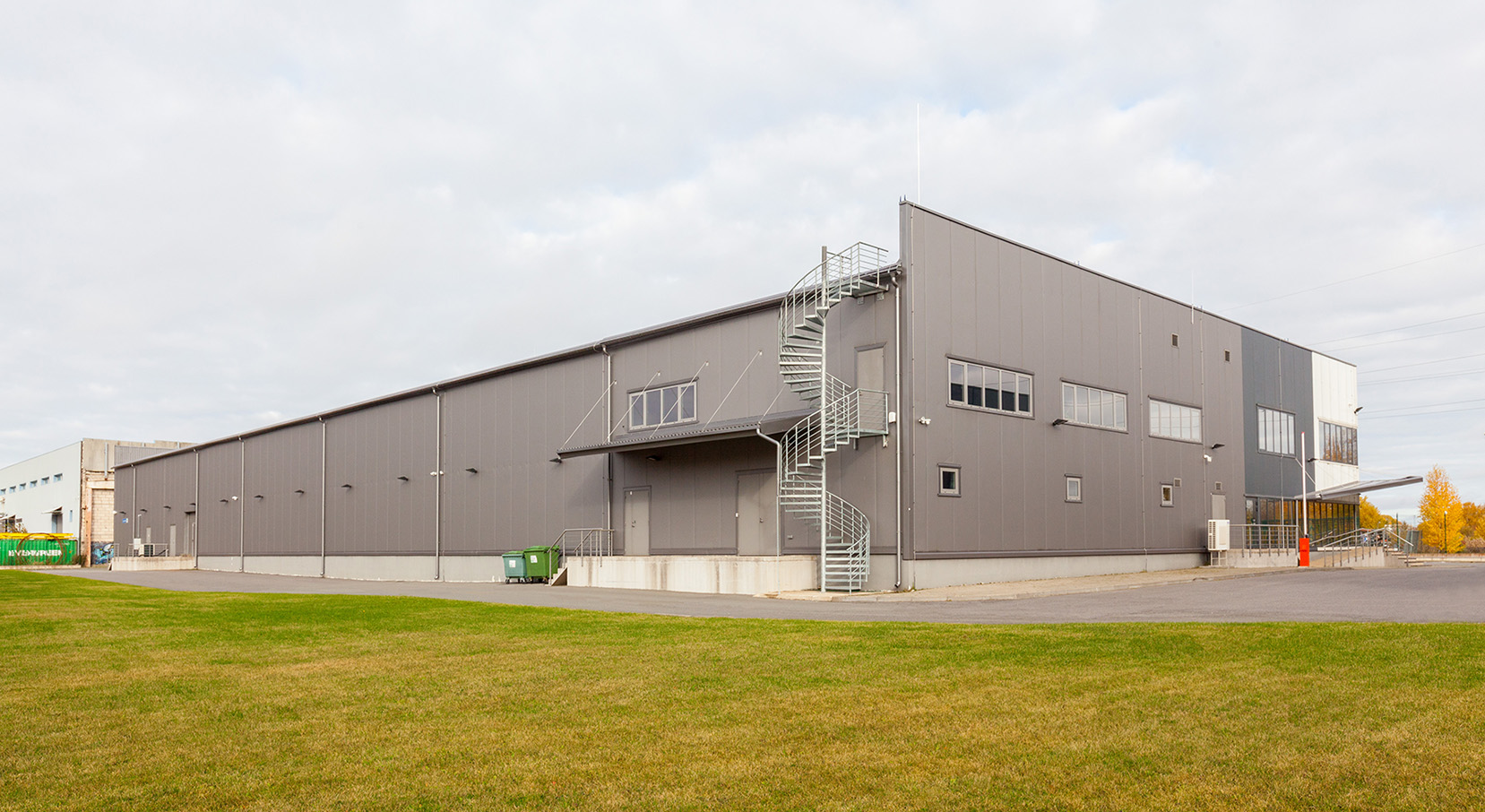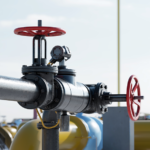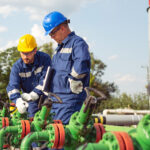The data center construction industry is experiencing an unprecedented building boom, driven by the explosive growth in cloud computing, artificial intelligence, and digital transformation across industries.
As organizations continue to generate and process massive amounts of data, the demand for new data center facilities has reached historic heights, presenting both challenges and opportunities for owners, developers, and project managers.
The Building Boom: A Response to Digital Transformation
The current surge in data center construction reflects our increasingly connected world. Major cloud providers like Amazon Web Services, Microsoft Azure, and Google Cloud are expanding their infrastructure footprint globally, while enterprises are investing in both colocation facilities and private data centers. This growth is particularly evident in emerging digital hubs across North America, Europe, and Asia-Pacific regions, where new facilities are being built at an accelerated pace to meet the computing demands of the digital economy.
Technology Integration and Infrastructure Demands
Modern data center construction has evolved significantly to accommodate advanced technologies and changing operational requirements:
- Power Density Solutions: Today’s data centers must support higher rack densities than ever before, often exceeding 30kw per rack in AI-focused facilities. This requires sophisticated cooling systems, enhanced power distribution networks, and robust electrical infrastructure designed to manage these intensive workloads while maintaining reliability.
- Modular Design Approaches: Construction teams are increasingly adopting modular and prefabricated components to accelerate project timelines and ensure consistency. These solutions include pre-built power rooms, cooling modules, and even complete data hall systems that can be deployed rapidly while maintaining high quality standards.
Artificial Intelligence’s Impact on Design
The rise in AI applications has fundamentally changed data center design requirements:
- Thermal Management Innovation: AI workloads generate significant heat, necessitating advanced cooling solutions such as direct-to-chip liquid cooling and rear-door heat exchangers. These systems must be integrated into the facility’s design from the earliest planning stages to ensure optimal performance.
- Power Infrastructure Enhancement: AI-optimized facilities require robust electrical systems capable of supporting high-density GPU clusters and specialized computing hardware. This often includes redundant power systems, advanced UPS solutions, and sophisticated power monitoring capabilities.

Sustainable Design Solutions
Environmental responsibility has become a cornerstone of modern data center construction:
- Renewable Energy Integration: New facilities are increasingly designed with on-site renewable energy generation capabilities, including solar arrays and fuel cells. Power purchase agreements (PPAs) for renewable energy are becoming standard practice for major operators committed to sustainability goals.
- Water Conservation Measures: Innovative cooling technologies such as air-side economization and closed-loop systems are being implemented to minimize water consumption. Some facilities are incorporating rainwater harvesting and water recycling systems to further reduce their environmental impact. Water reclamation systems can reduce freshwater usage by up to 60%.
Futureproofing Through Flexible Design
For project managers and developers, incorporating flexibility into data center design is crucial:
- Scalable Infrastructure: Modern facilities must be designed to accommodate future expansion and technology upgrades without major disruptions to existing operations. This includes planning for additional power capacity, cooling infrastructure, and white space that can be built out as needed.
- Smart Building Systems: Integration of building management systems (BMS) with artificial intelligence capabilities allows for predictive maintenance, enhanced energy efficiency, and optimal resource allocation throughout the facility’s lifecycle.
Project Management Considerations
Success in data center construction requires careful attention to several critical factors:
- Risk Management: Project managers must develop comprehensive strategies to address potential challenges, from supply chain disruptions to regulatory compliance requirements. This includes maintaining detailed contingency plans and establishing strong vendor relationships.
- Quality Control: Implementation of rigorous quality control processes throughout construction is essential, particularly for critical systems like power distribution and cooling infrastructure. Regular testing and commissioning procedures must be thoroughly documented and verified.
The future of data center construction lies in balancing the urgent need for new capacity with sustainable design principles and operational efficiency. As industry continues to evolve, successful projects will require close collaboration between stakeholders to create facilities that are not only technologically advanced but also environmentally responsible and economically viable.
KBCm is working with major technology clients to develop state-of-the-art data centers. These initiatives highlight our commitment to sustainable infrastructure and serve as a model for future developments in 2025.
If you would like to explore how we can be an extension to your team, call Skyler at 940-366-2231.



